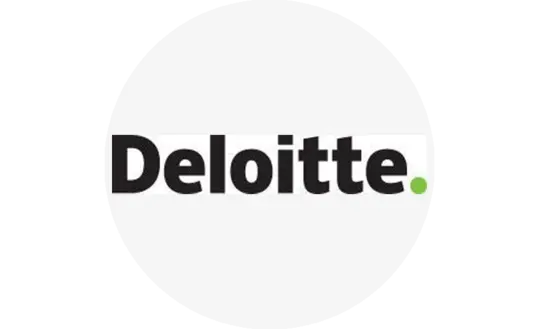Tech Teachings: 9 Forces Transforming Businesses Right Now
Like every one of their colleagues in the C-Suite, chief tax officers need to keep a close eye on these key drivers of purposeful change.
In this era of digital disruption, it’s important – though not always easy – to monitor new technologies that potentially affect every zone of the enterprise, including tax. That’s why this Deloitte article in the Wall Street Journal’s CFO Journal, Technology Forces Collide to Transform the Enterprise, caught my attention.
Deloitte organizes nine dominant forces into three major groups, each encompassing three technologies or strategies:
Group #1: Established but still evolving
Digital experience platforms help users to perform transactions smoothly and easily in digital environments; their rise parallels the increasing focus on user-centered design and user engagement in business strategy. Analytics engines and algorithms have become more powerful as data sources have expanded, enabling companies to generate valuable insights. Cloud is evolving as companies consider its potential not just as an alternative to on-premises infrastructure, but as a driver of new products and services.
Group #2: Rapidly approaching
Digital reality technologies provide more lifelike, immersive digital experiences – such as those delivered via conversational interfaces and computer vision. Blockchain will be a familiar name to many tax leaders. Many CTOs will agree with this prediction from the article: “When further breakthroughs occur, expect blockchain to open doors for business process reengineering across industries, functions, and geographies.” Cognitive technologies, another familiar topic in most tax departments, include robotic process automation (RPA), machine learning (ML), and artificial intelligence (AI) tools to augment human decision-making.
Group #3: Foundations for the future
In this category, Deloitte describes initiatives that support and enable a variety of innovative tech layers. The business of technology is a broad-based initiative to help business and technology teams work more closely together, integrating IT into the enterprise-wide strategy. Core modernization focuses on transforming traditional core infrastructure, such as ERP systems. Cyber risk strategy embeds risk management into all aspects of digital transformation.
“
By assessing these technology forces through a shareholder and business value-creation lens, CFOs can work with their CIOs and business leaders to align IT investments with company strategy.
”
Deloitte LLP
Wall Street Journal's CFO Journal
Though Deloitte’s audience is primarily finance execs, there’s a lot to interest CTOs here. In fact, leaders across the organization can harness these nine forces to drive purposeful change.
Explore more Resources from our Industry Influencers:
Our Alliance with Deloitte
The ultimate solution that our alliance delivers is straightforward: tax technology experts working together to limit the amount of time and energy our customers spend addressing tax requirements.
Learn More